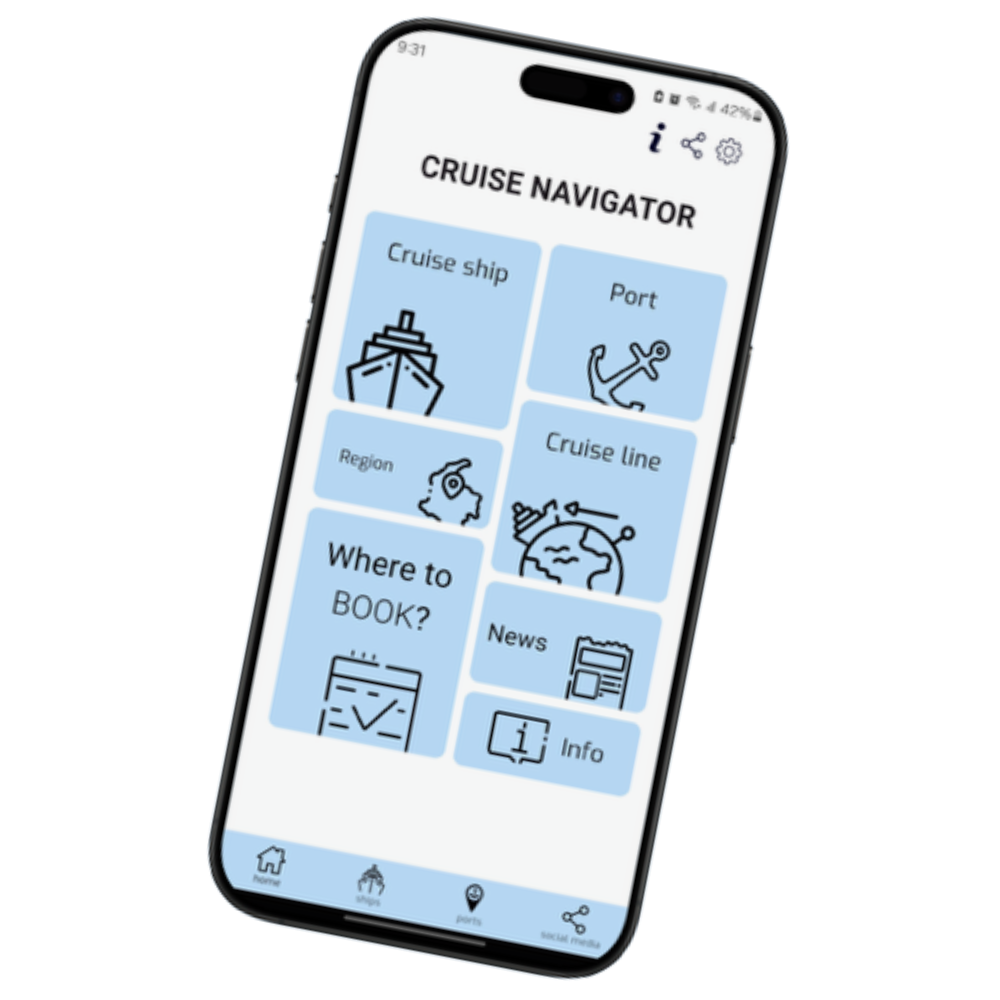Benefits of Booking a Cruise with a Travel Agent

How to Book a Cruise: Benefits of a Travel Agent vs. Booking on Your Own
When it comes time to book a cruise, is it better to book it on your own, or to use a travel agent? This is a common question, and there’s no any right answer. Instead, cruisers should consider each option and choose the one that works best for that individual. Here are the pros and cons of each one:
Booking a Cruise with a Travel Agent
Some cruisers don’t even consider booking a cruise with a travel agent because they either don’t think of it or are under the misconception that using a travel agent will cost them more money. But this is not the case. So, should you book your cruise this way? What are the benefits of booking a cruise with a travel agent?
Pros: Selecting and booking your cruise with a travel agent is great because you get expert advice (for FREE) to guide you through the process, which is especially important if you’re a first-timer. Your agent can help you navigate the booking process, select a stateroom that’s right for you, and answer all your questions.
They also may be able to provide you with additional perks like onboard credit (OBC), by reducing the commission they will receive from the booking and passing that on to you. TAs provide the cruiser the highest level of personalized service at no cost.
Cons: Not all travel agents are created equal. Many TAs are fantastic, but there are some horror stories about unqualified agents leading their clients astray or not responding to clients in a timely manner. If you go this route, choose one that comes referred from a trusted source.
Personal Vacation Planner
First of all, what exactly is a “personal vacation planner”, or PVP? And is a PVP the same thing as a TA? Well, sort of. A PVP is a commissioned cruise line employee who acts like a travel agent. Instead of booking all kinds of travel, they only book cruises for that specific cruise line. Some cruise lines call them “personal cruise consultants” or PCCs.
Pros: A great PVP is a true asset, because you get personalized service although not to the extent that you will with a travel agent. Over time, your PVP gets to know you, and a great one will go above and beyond to provide services like watching your cruise rate and proactively notifying you of a rate drop to save you money. They also can help you faster, generally, than trying to call the cruise line and waiting a long time on hold. Like a travel agent, a PVP’s service comes at no cost. If you’re a new cruiser, to get one you just call the cruise line and ask to be assigned to one. Or, you can get a referral from another cruise and contact a PVP directly.
Cons: A great PVP is hard to find. I mean, really hard to find. And these are high churn positions, so when you do find that rare superstar PVP, chances are they won’t stay employed in that position for long, leaving you to start over again and build a new relationship with a new PVP. I had an amazing PVP with Carnival (sigh — Kevin K, you were the best!), but he got promoted and I have burned through multiple new PVP’s and they’re all pretty bad. PVPs also can’t extend some of the extra savings or perks that travel agents can.
Related Video: How to Become a Travel Agent (The TRUTH)

Book Direct Through the Cruise Line
So is it just better to book directly with the cruise line? That’s a great choice for some, but this approach does have some downsides.
Pros: Booking directly through the cruise line website is easy and fast, and you don’t have to spin your wheels looking for the “right” travel agent or PVP. You can see stateroom options when booking and have complete control of your choices.
Cons: While this is a great option for seasoned cruisers, it doesn’t afford the personalized service of a travel agent or PVP and you have to seek out the answers to the questions that will inevitably arise as you attempt to navigate your first booking on your own. You may end up in an undesirable stateroom location, for example. You also will pay the “regular” room rate, without any additional perks or discounts available beyond whatever promotion the cruise line may be running at the time of your booking.
Book Direct Through an Aggregator
This last option is great for cruisers who know what they’re doing and want to save money. But first, what is a cruise aggregator? These are companies that pull all of the cruise line information, itineraries, and prices from all the various cruise lines and centralize bookings in one hub. They’re basically a faceless travel agency, so you don’t get personalized service, but they pass along part of their commission to you, the cruiser, to offer lower prices. Costco is a popular choice, and there are numerous online options.
Pros: Aggregator sites like Cruise Direct are almost always the cheapest option because as I need above, instead of passing along a commission to a travel agent or PVP, these sites build this into your pricing as a discount (keeping a smaller portion of it as their cut). Sometimes the savings can be significant.
BABY, LET'S CRUISE...
Let us help you plan the cruise (or trip) of a lifetime!
Subscribe to my Cruiseletter
Get juicy cruise info, insider tips, and FREE port guides, delivered straight to your inbox. Plus, you'll get my FREE Cruise Packing List & Planner, and I promise to never spam you.
By submitting this form, you're agreeing to receive emails from Professor Melissa. Don't worry, your info is safe with me. We'll never share or sell it. You can also unsubscribe at any time.






